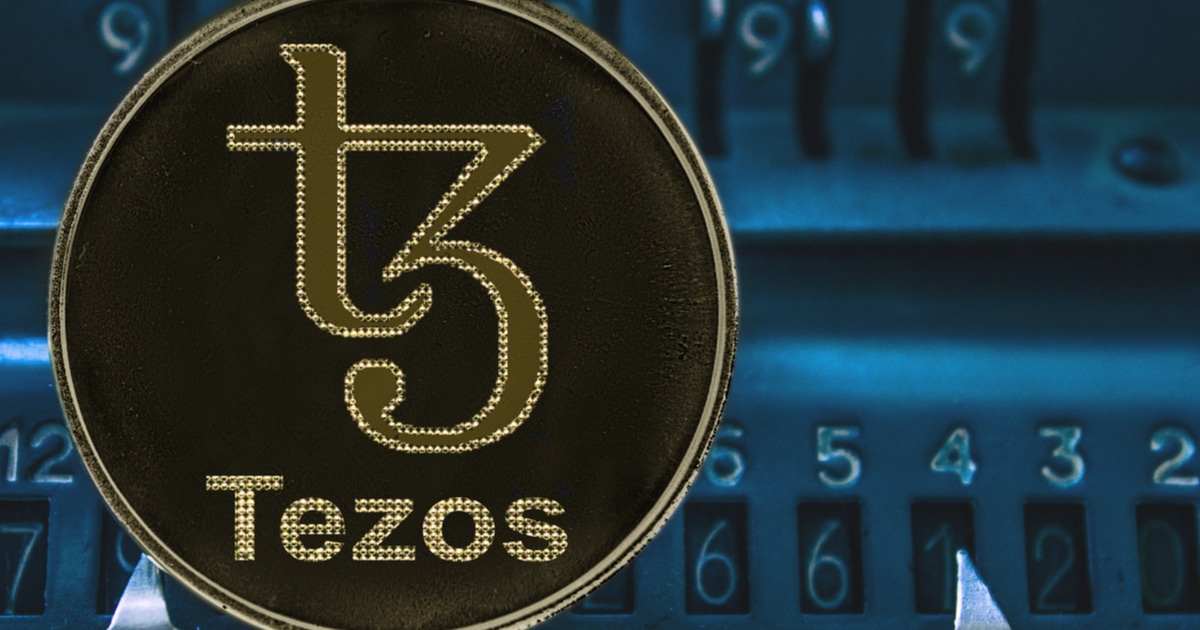Tezos Enhances Mobile Gaming Industry with Innovative Tools
Terrill Dicki Aug 02, 2024 12:31
Tezos introduces innovative tools to transform the mobile gaming industry, addressing challenges and unlocking new opportunities for developers.

Tezos is making waves in the mobile gaming industry, offering innovative tools designed to help game developers navigate a rapidly evolving market. According to Tezos Spotlight, the mobile gaming sector, which generates over $100 billion annually, faces challenges including economic pressures, shifting user behaviors, and intense competition.
Understanding the Current Mobile Market
The mobile gaming market is undergoing significant changes:
- Post-lockdown shifts: With more people spending time outdoors, engagement in mobile gaming has declined.
- Economic pressures: Inflation and higher interest rates are reducing disposable incomes, affecting consumer spending on games.
- Geopolitical instability: Global tensions are impacting spending patterns across different geographies.
Despite these challenges, certain game genres have thrived. Puzzle games have seen a 10% increase in in-app purchase revenue, while hybrid-casual games have experienced a 30% revenue boost. However, action, arcade, and simulation games are struggling, with a 16% decrease in user interest.
How Tezos Can Help
Tezos offers a fast, scalable, and efficient blockchain ecosystem with tools like the Tezos Unity SDK, which can enhance game development, player engagement, and monetization.
1. Player Engagement
Tezos technology allows players to own, trade, and sell in-game assets, creating a richer experience. This feature is already successful in PC games like Counter Strike and Dota 2 and can be revolutionary in mobile gaming. For example, in Clash of Clans, players could own and trade upgraded buildings or rare troops, enhancing engagement and retention.
2. Monetization
Tezos enables new monetization avenues beyond traditional in-app purchases. Developers can create secondary markets for in-game assets, generating ongoing revenue through transaction fees. This model has been successful for games like Genshin Impact, where rare items are traded on a marketplace, providing continuous revenue streams.
3. User Acquisition
Traditional user acquisition strategies are costly. Tezos can reduce these costs by directly engaging potential users interested in similar games or genres. Personalized rewards through blockchain-based incentives can increase retention and engagement. For example, the game Catizen on Telegram has achieved significant success by rewarding players through gameplay.
4. Ease of Integration
The Tezos Unity SDK is designed to be developer-friendly, with clear documentation and support. It is modular, open-sourced, and free, making it accessible even for developers new to blockchain technology.
Conclusion
The Tezos Unity SDK offers game developers powerful tools to create engaging, innovative, and monetizable games. By integrating Tezos, developers can unlock new potentials for player engagement, transactions, and sustainable revenue streams. This technology addresses real problems and provides new opportunities in the competitive gaming industry.
For developers looking to enhance their games, the Tezos Unity SDK presents an exciting opportunity to explore new features and transform their games. The future of gaming, powered by Tezos, is here.
For more information, visit Tezos Spotlight.
Image source: Shutterstock.jpg)
